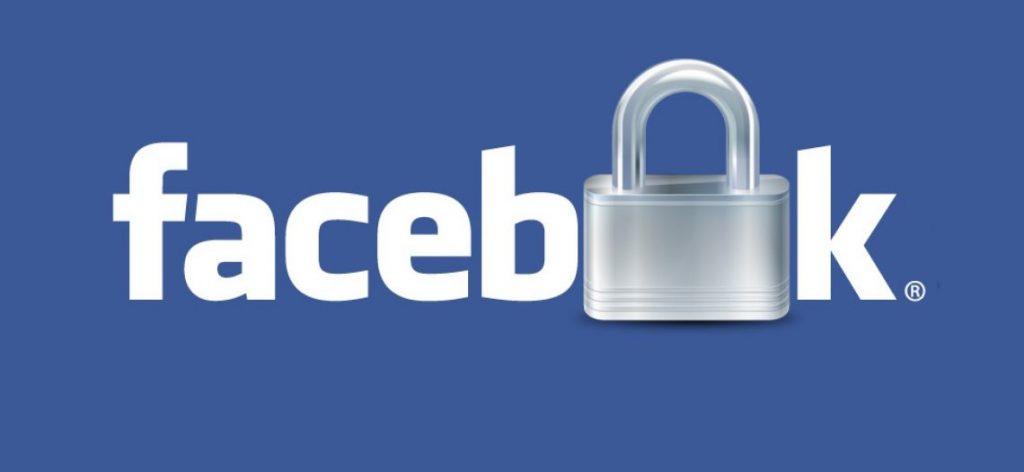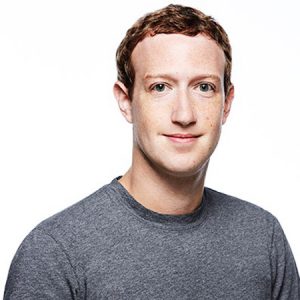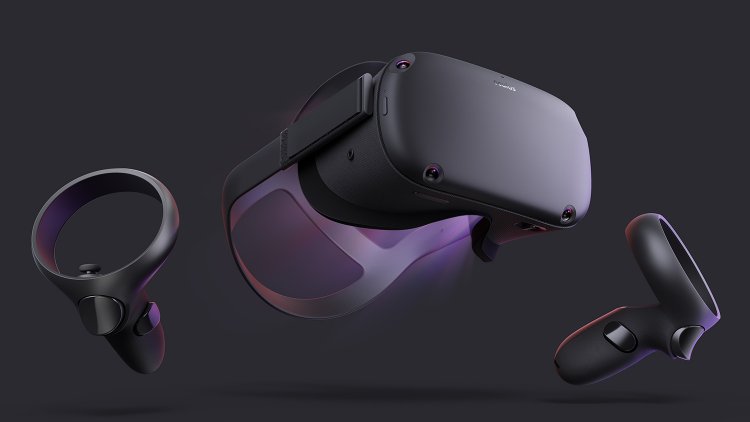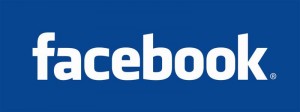Failed to Protect User Data Facebook got Fined by the UK Govt.
Facebook has been facing a lot due to its data privacy issues for the past few months. This time it has been attacked by the UK’s Information Commissioner’s Office. According to the UK’s security watchdog, Facebook has supported some major security breaches of the data protection law, in the past. For this, the ICO has fined Facebook for $644,000 (£500,000). Facebook has been imposed with the maximum amount of fine, to be paid for the breach of the data protection law in the UK after it was found guilty in an investigation.
According to the investigation, Facebook is responsible for the stealing of 1 million Facebook users’ personal information, in the UK. Also, between 2007-2014, Facebook carelessly allowed the third-parties to use the data of the Facebook users, without their consent.

The ICO carried out the investigation after the security breach, by GSR developer, in the Cambridge Analytica scandal, earlier this year. The scandal included the harvesting of private data, from up to 87 million Facebook users, around the world without their knowledge. The report included the stealing and misuse of the personal data of the Facebook users, during the referendum on the U.K.’s membership of the European Union, for the political campaign in 2016.
The UK’s Information Commissioner Elizabeth Denham, confirming the news, said, “Facebook failed to sufficiently protect the privacy of its users before, during, and after the unlawful processing of this data. A company of its size and expertise should have known better, and it should have done better.”
Before the Cambridge Analytica’s scandal was officially out, the Guardian investigation, in 2016, had already provided a report, on the bases of the statement of a whistleblower from the company who described how the data of the Facebook users was stolen to target the voters.
About the fine imposed on Facebook, the CEO of Mark Zuckerburg has said that they are reviewing the whole situation. “we have a lot more work to do to safeguard personal data,” he added. A spokesperson from Facebook also said, “While we respectfully disagree with some of their findings, we have said before that we should have done more to investigate claims about Cambridge Analytica and taken action in 2015. We are grateful that the ICO has acknowledged our full cooperation throughout their investigation.”
ICO will present further evidence regarding the case in the coming November, in front of the UK government. Also, it has summoned Mark Zuckerberg, to testify about the Cambridge Analytica scandal, that is scheduled for the month of May in 2019.

Yashica is a Software Engineer turned Content Writer, who loves to write on social causes and expertise in writing technical stuff. She loves to watch movies and explore new places. She believes that you need to live once before you die. So experimenting with her life and career choices, she is trying to live her life to the fullest.


